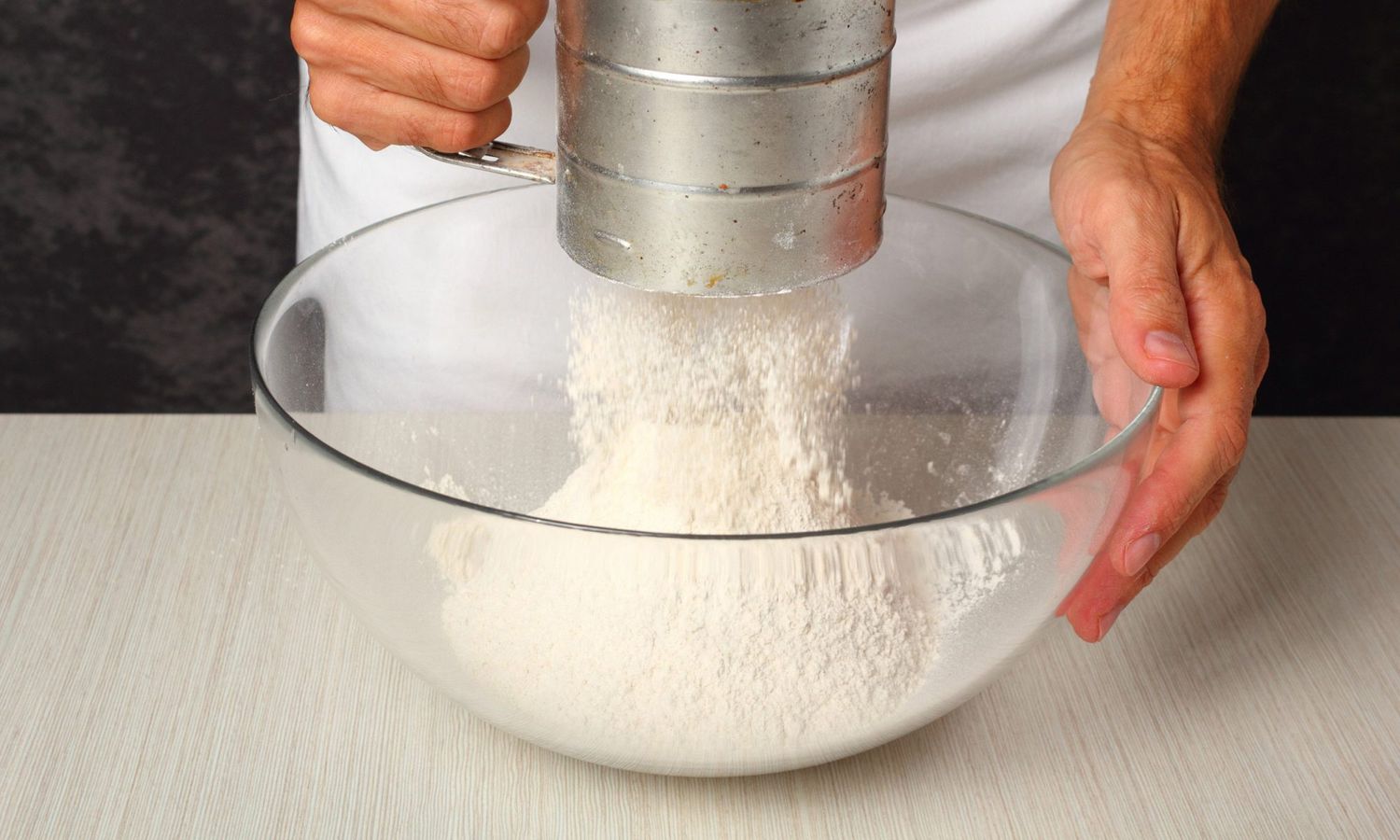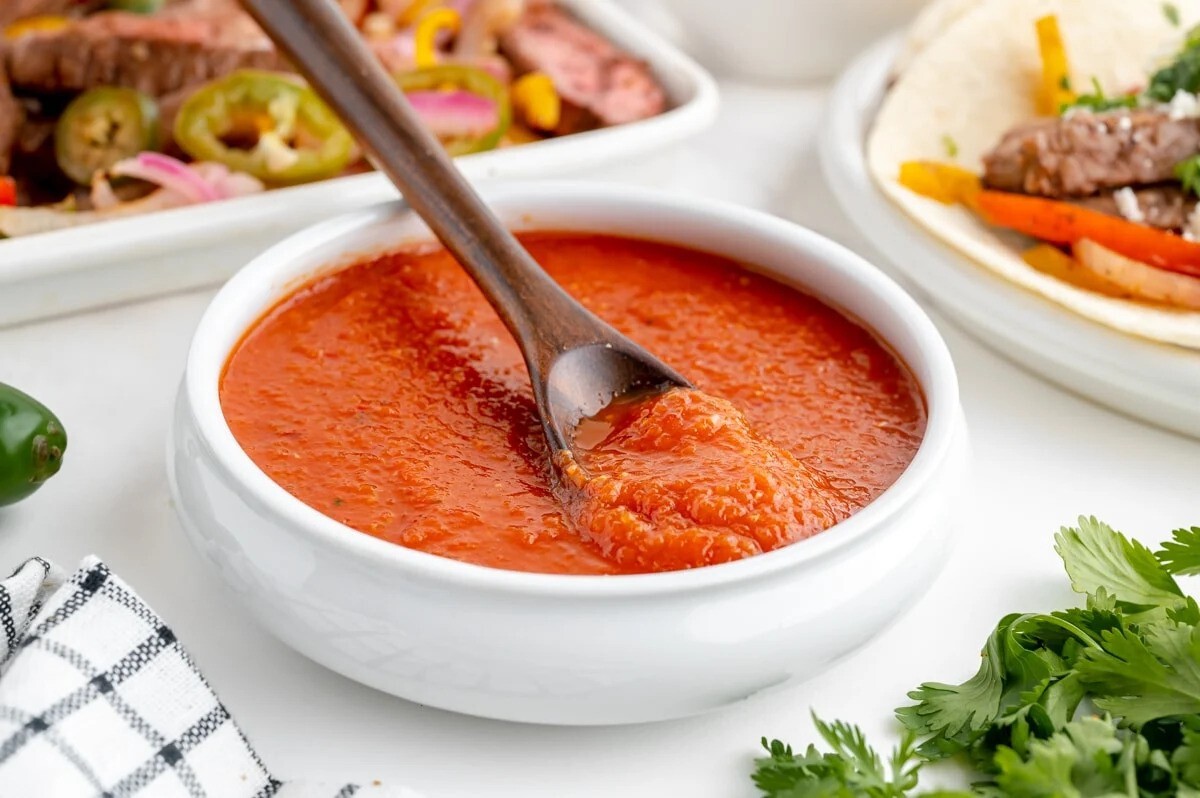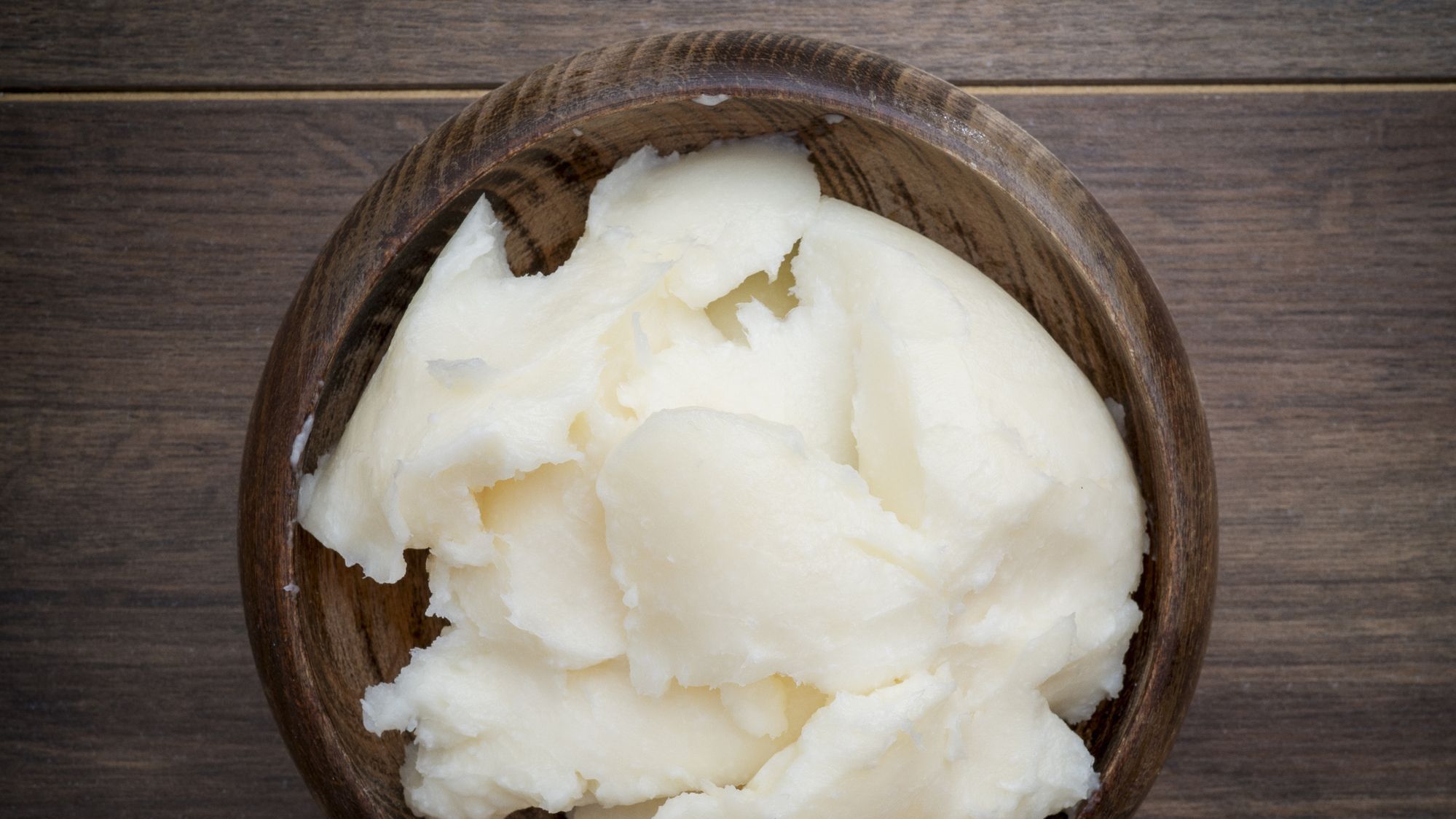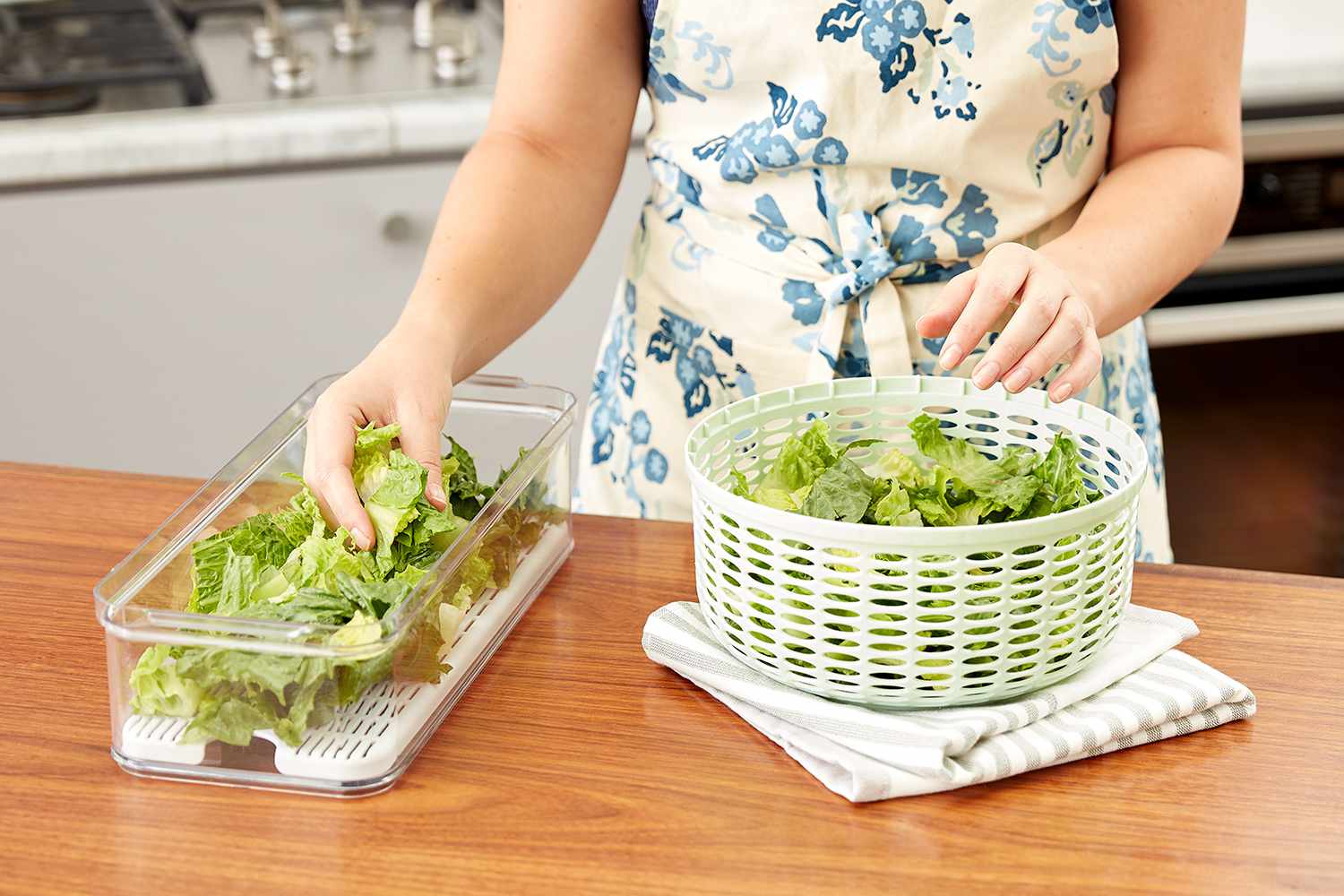Italian seasoning is a flavorful blend of herbs and spices commonly used in Italian cuisine. It typically includes a combination of dried basil, oregano, rosemary, thyme, and marjoram, which come together to create a versatile and aromatic seasoning. However, there may be times when you find yourself in need of a substitute for Italian seasoning. Whether you've run out of this popular blend or simply want to try something different, there are several alternatives that can be used to achieve similar flavors in your dishes.
Herbs and Spices to Use as Italian Seasoning Substitute
-
Basil: This herb is a key component of Italian seasoning, so using it on its own can help replicate the flavor profile. Its sweet and slightly peppery taste adds a fresh and aromatic element to dishes.
-
Oregano: Known for its robust and earthy flavor, oregano is another essential herb in Italian cuisine. It can be used as a standalone substitute or combined with other herbs to mimic the taste of Italian seasoning.
-
Rosemary: With its pine-like fragrance and slightly bitter flavor, rosemary can contribute a unique and savory note to your dishes, making it a suitable replacement for Italian seasoning.
-
Thyme: This herb offers a subtle, earthy flavor with hints of mint and lemon, making it a versatile addition to dishes that call for Italian seasoning.
-
Marjoram: Similar to oregano but with a milder taste, marjoram can be used to add a delicate herbal flavor to your recipes as an alternative to Italian seasoning.
Creating Your Own Italian Seasoning Blend
If you have a collection of individual herbs and spices in your pantry, you can easily create your own Italian seasoning blend. Here's a simple recipe to make a homemade substitute for Italian seasoning:
- 2 tablespoons dried basil
- 2 tablespoons dried oregano
- 2 tablespoons dried rosemary
- 1 tablespoon dried thyme
- 1 tablespoon dried marjoram
Simply mix these herbs together, and you'll have a flavorful Italian seasoning substitute ready to enhance your favorite dishes.
Using Pre-Made Herb Blends
In addition to creating your own blend, you can also explore pre-made herb blends that offer similar flavors to Italian seasoning. Look for herb blends labeled as "Mediterranean" or "Herbes de Provence," as they often contain herbs commonly found in Italian seasoning. These blends can be used as a convenient substitute when you're in a pinch.
Experimenting with Different Flavors
While traditional Italian seasoning is a beloved staple in many kitchens, don't be afraid to experiment with different herbs and spices to create unique flavor profiles in your dishes. Consider adding garlic powder, onion powder, red pepper flakes, or fennel seeds to your substitute blend to customize the taste to your liking.
Conclusion
In summary, Italian seasoning is a versatile blend of herbs and spices that adds depth and complexity to Italian dishes. When in need of a substitute, you can turn to individual herbs, create your own blend, or explore pre-made herb mixes to achieve similar flavors. By experimenting with different combinations, you can discover new and exciting ways to elevate the taste of your favorite recipes. Whether you're following a traditional Italian recipe or putting your own spin on a dish, having a variety of herbs and spices at your disposal allows you to unleash your creativity in the kitchen.
Was this page helpful?
Read Next: What Is Jollibee Gravy











